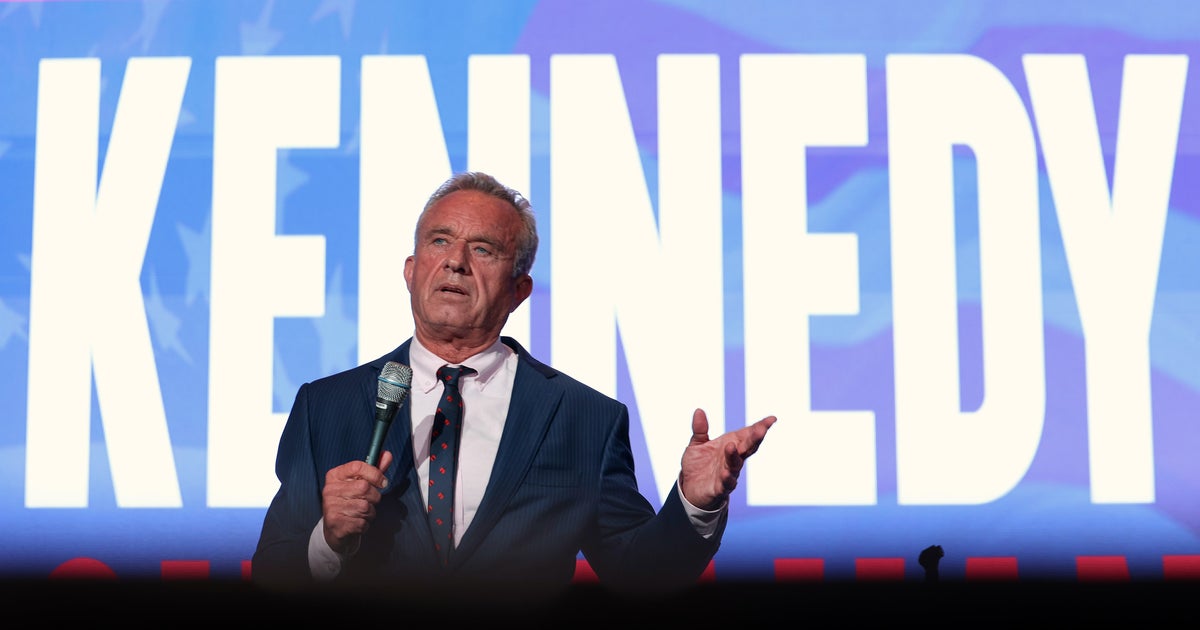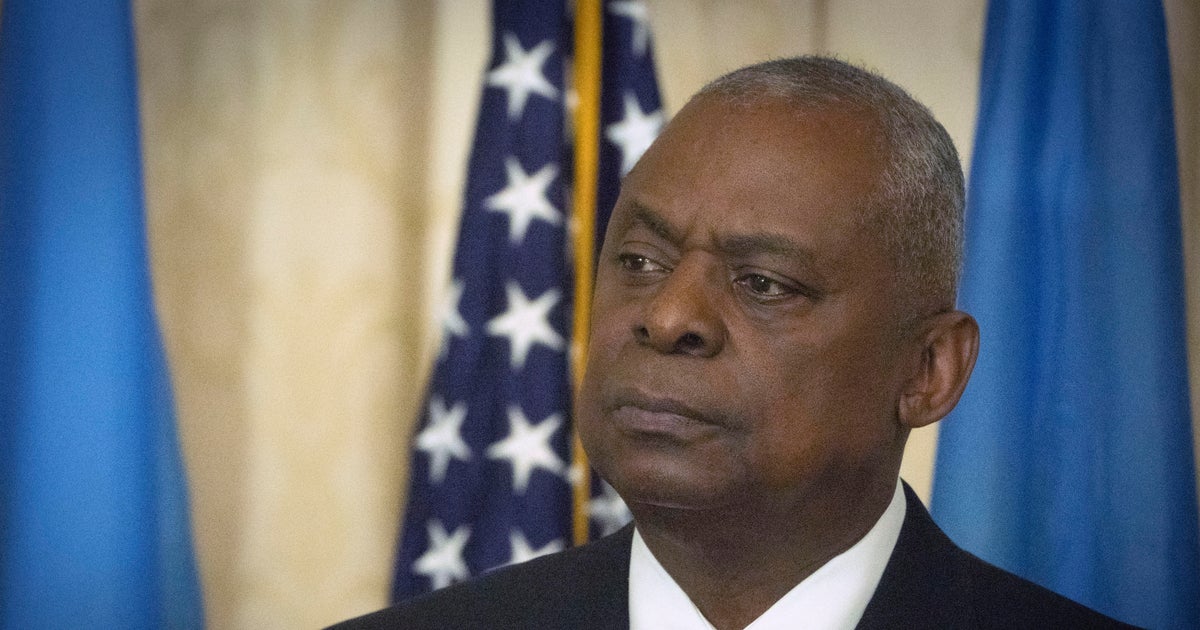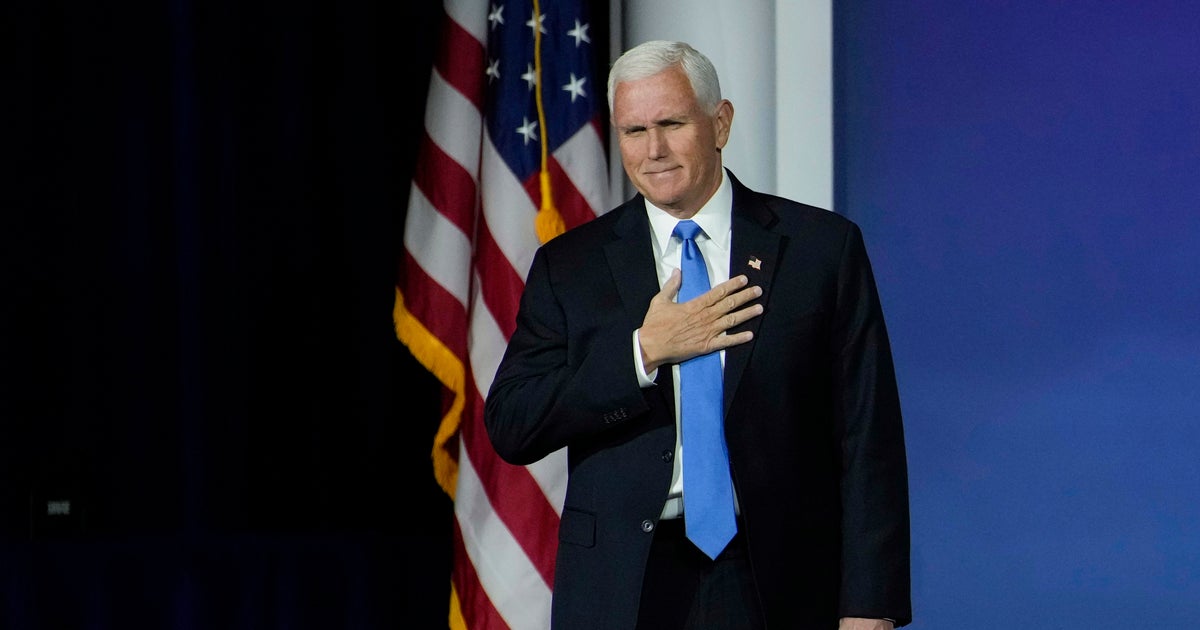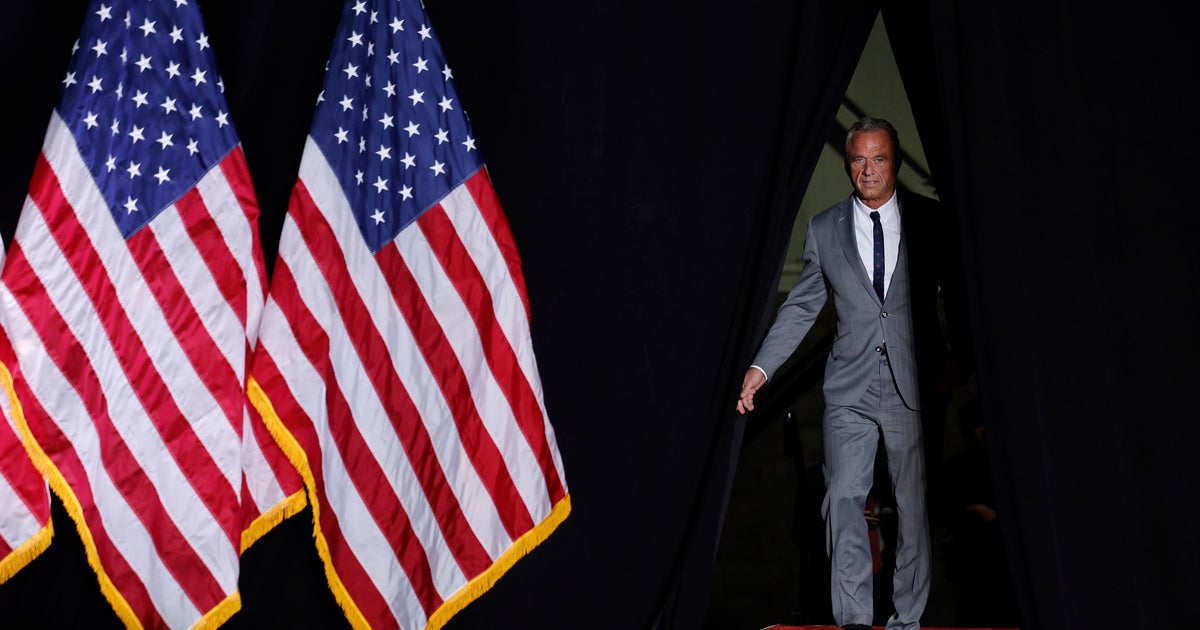CBS News
Democrats and their allies sue to keep RFK Jr. off the ballot in several states

As independent presidential candidate Robert F. Kennedy Jr. ramps up efforts to secure ballot access in all 50 states, he faces stiff resistance from Democratic political opponents attempting to block his November election bid with multiple lawsuits.
Kennedy vowed to be on the ballot in every state by the end of July. With just over a month to go, he’s made it on the ballot in five states: Utah, Michigan, Delaware, Oklahoma and Tennessee. But Kennedy is also facing legal challenges in five states — Nevada, New York, North Carolina, Delaware and New Jersey. In some of those states, he’s submitted signatures for ballot access. Several of his political opponents say they’re not finished filing lawsuits against him, calling him a spoiler candidate who will likely throw the election in former President Trump’s favor.
“RFK Jr. was recruited to run by MAGA Republicans; is being propped up by Trump’s largest donor; and his own campaign staff has said their goal is to hurt President Biden,” said Matt Corridoni, a spokesperson for the Democratic National Committee. “He has no real grassroots support, no pathway to 270 electoral votes, and his campaign is resorting to a pattern of deception and shortcuts to circumvent state rules for independent candidate ballot access.”
The DNC pledged to continue its efforts to challenge Kennedy’s ballot access efforts “and make sure that he is playing by the rules.”
The latest legal challenge against Kennedy comes from election lawyer Scott Salmon, a Democrat not affiliated with any outside group, who wants to keep Kennedy off the New Jersey ballot under the state’s “sore loser law,” which prohibits candidates from mounting an independent run after a failed bid for a major party nomination. The statute says that among those banned would be candidates who have been “a member of a political party at any time after the immediately preceding primary election for the general election,” or who “unsuccessfully sought the nomination of a political party to such position in the primary election.”
Kennedy decided to run as an independent last October, dropping his Democratic primary bid. A New Jersey court will hear arguments in the case next month, on July 17.
Salmon said he is using his own savings to carry out the challenge against Kennedy because “it’s the right thing to do.”
In Nevada, a key battleground state narrowly won by President Biden in 2020, the Nevada Democratic Party helped coordinate a lawsuit filed Thursday to keep Kennedy off the ballot. The court filing argues that Kennedy’s affiliation with multiple minor parties in other states violates Nevada’s ballot access laws for independent candidates.
Kennedy has claimed ballot access in multiple states through an assortment of third parties. He won the nomination of the American Independent Party in California, the Independent Party in Delaware, the Natural Law Party in Michigan, the Reform Party in Florida, the Alliance Party in South Carolina, and his own We the People Party in North Carolina and Hawaii.
“The State of Nevada has set up a reasonable process for placing candidates on the ballot. RFK Jr.’s campaign has not met the requirements necessary to run as an Independent non-affiliated party candidate in our state,” said Hilary Barrett, the Nevada Democratic Party executive director.
According to the Nevada secretary of state’s office, Kennedy has not yet filed a petition with the state. He is waging his own legal challenge against the Nevada secretary of state’s office and began circulating a new petition for signatures after he was informed that his first petition was invalid.
And in Delaware, the state Democratic Party alleges that the Independent Party failed to file certificates of nomination for Robert F. Kennedy Jr. and his running mate, Nicole Shanahan, within 10 days of nominating them at the party’s convention on January 23.
Kennedy announced Shanahan as his running mate in March, about two months after Kennedy’s nomination in the state. In a letter to Delaware Election Commissioner Anthony Albence, an attorney representing the state Democratic Party asked Albence to block their certification, and any other Independent Party candidate running for president in the state.
A super PAC called Clear Choice Action, aimed at stopping any third-party or independent candidates from making it to the November election, is leading similar efforts to keep Kennedy off the ballot by filing objections in New York and North Carolina.
Kennedy’s campaign faces 13 challenges from Democratic groups in New York, including one challenge filed by the Democrat-aligned super PAC in June. Clear Choice claims Kennedy used an incorrect address on his New York petition and that many of the signatures submitted are illegible or from New Yorkers who are not registered to vote.
In North Carolina, the super PAC alleges that We The People, Kennedy’s own party, which submitted signatures for ballot access in May, violated North Carolina election laws by misleading signers into believing they were directly petitioning to place Kennedy on the ballot instead of creating a new political party that can subsequently hold a nominating convention. The state’s Board of Elections is set to meet Wednesday to review the objection.
“We have a very strong legal team, one of the most motivated legal teams to defend every ballot petition lawsuit we’re receiving from the DNC, its PACs aligned with the DNC that are undermining democracy, in my opinion, to try to keep us off the ballot,” Shanahan said on Thursday during an interview with Elex Michaelson in response to the lawsuits.
“But regardless, we love democracy and we’re fighting tooth and nail for it,” she added.
CBS News
“Citizen” Bill Clinton – CBS News

Watch CBS News
Be the first to know
Get browser notifications for breaking news, live events, and exclusive reporting.
CBS News
Almanac: November 17 – CBS News

Watch CBS News
Be the first to know
Get browser notifications for breaking news, live events, and exclusive reporting.
CBS News
U.S. Marines, Japanese and Australian troops will train together amid heightened concerns over China

U.S. Marines will take part in joint training with Japanese and Australian forces in northern Australia, the three countries’ defense ministers announced Sunday as they expressed concern about a spate of confrontations with China’s increasingly assertive military.
Australia’s acting Prime Minister Richard Marles hosted U.S. Defense Secretary Lloyd Austin and Japanese Defense Minister Nakatani Gen for talks in Darwin, Australia.
The trilateral amphibious training between Australia, Japan and the U.S. Marine rotational force in northern Australia will begin in 2025 with Exercise Talisman Sabre. Australia will also join Exercise Orient Shield in Japan for the first time next year.
“Recognizing the critical role the trilateral partnership plays to uphold regional stability, we commit to trilateral policy coordination and to consult each other on regional security issues and contingencies,” they said in a joint statement.
In their statement, the three defense ministers reiterated “serious concern” about destabilizing actions in the East and South China seas including “dangerous conduct” by the Chinese military against Philippine and other vessels from the region. China claims the South China Sea almost in its entirety.
“We reiterate our strong opposition to any unilateral attempts to change the status quo by force or coercion,” they said, adding that it is “important that all states are free to exercise rights and freedoms consistent with international law.”
The ministers also urged the importance of peace and stability across the Taiwan Strait. China claims self-ruled Taiwan as its own territory and has stepped up military harassment with frequent drills around the island.
Marles, who is also Australia’s defense minister, said following talks with his Japanese counterpart in September that both nations looked to ways to build greater familiarity between their forces. One of the “obvious opportunities” was for Japan to participate in activities during the U.S. Marine rotation in Australia, he said Sunday.
“Having a more forward-leaning opportunity for greater training with Japan and the U.S. together is a really fantastic opportunity,” he said.
Asked if the increased military cooperation would anger Beijing, Marles said the decision was about building “the best relationships possible with like-minded countries, with our friends and with our allies.”







